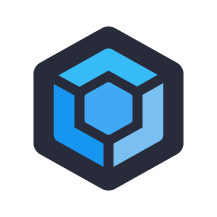| ProGet | |
|---|---|
 | |
| Developer(s) | Inedo |
| Stable release | 24.0.27 / 2025 |
| Operating system | Microsoft Windows and Linux |
| Type | Package management system |
| License | Freemium |
| Website | inedo |
ProGet is a package management system, designed by the Inedo software company. It allows users to host and manage personal or enterprise-wide packages, applications, and components. It was originally designed as a private NuGet (the package manager for the Microsoft development platform) manager and symbol and source server. [1] Beginning in 2015, ProGet has expanded support, added enterprise grade features, and is targeted to fit into a DevOps methodology. Enterprises utilize ProGet to “package applications and components” with the aim of ensuring software is built only once, and deployed consistently across environments. [2]
Contents
The research and advisory company Gartner lists ProGet as a tool aligned to the “Preprod” section of a DevOps toolchain being used to “hold/stage the software ready for release”. [3]
ProGet currently supports a growing list of package managers, including NuGet, Chocolatey, Bower, npm, Maven, Dart/Flutter, Rust (Cargo), PowerShell, RubyGems, Helm for Kubernetes, Debian, Python, and Visual Studio Extensions (.vsix).
ProGet also supports Docker containers, Jenkins build artifacts (through a plugin) and vulnerability scanning.
It is possible to monitor feeds from the ProGet interface; these features are also available to be managed from a number of the clients with which it interfaces. [4]